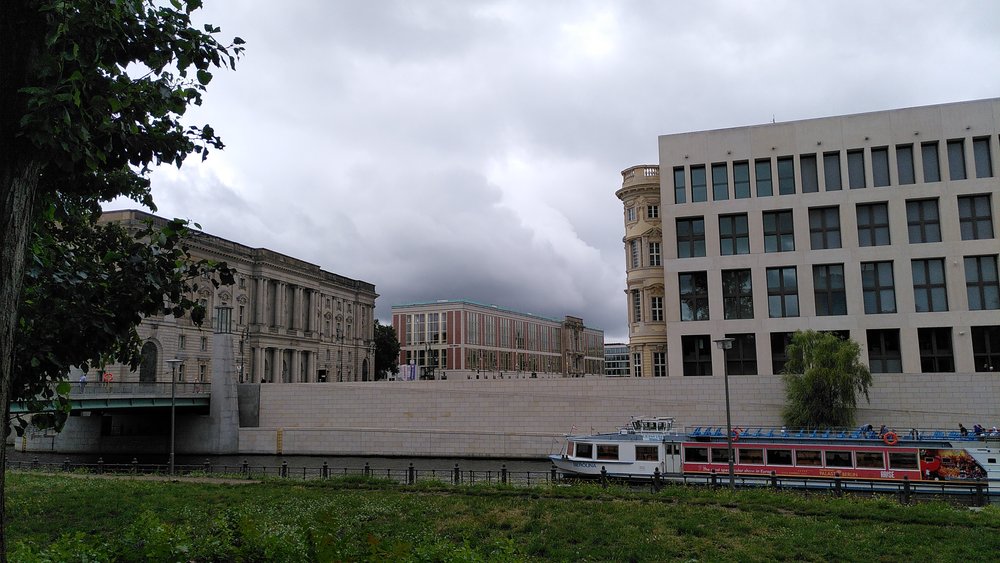Summer School Residues of the Past: (De)constructing urban histories
The Summer School “Residues of the Past: (De)constructing urban histories” was hosted by Piotr Kisiel at the IRS Leibniz Institute for Research on Society and Space in Erkner, Germany. Doctoral and Masters students were selected not only on the basis of their general field of study, but also on the basis of their motivation letters, resulting in a broader mix of participants' specialisations such as history, geography, civil engineering, architecture and heritage studies. This, together with the international nature of the event, ensured that discussions continued not only during the lectures but also during the breaks.
Overall, the theme of reading the palimpsest of a city or a specific historical site was present in all the lectures, including the question of what a memorial is or how memory is linked to public spaces. Starting with Christian Lotz's keynote on how maps can show different temporal layers - both intentionally and unintentionally in comparison to other maps - participants learned to question the way maps are made and used. Carmen M. Enss, Piotr Kisiel, Laura Demeter, and Birgit Knauer from the UrbanMetaMapping team provided small hands-on exercises to practise analysing maps as a primary source as well as an aid to understanding other sources such as eyewitness accounts.
On the third day, two participants presented their current research on the history of contested cities: Sunjay Methuria's oral history approach, involving the city through walking interviews with his subjects, and Julian Schellong's more theoretical evaluation of earthquake-resistant conservation strategies. Gruia Bădescu then introduced the concept of difficult and contested heritage, which Aurélie Audeval illustrated with her work on 'martyred villages'. Aleksandra Szeczepan further explored working with historical eyewitnesses in confrontation with maps as memory aids.
On the final day, the group was divided into two workshops, either an introduction to GIS mapping or a closer look at the psychological understanding of human memory and working with eyewitnesses using the Hohenschönhausen Memorial as an example.
Thanks to the central location of Berlin, we were able to explore the city and nearby Potsdam after the official part of the workshop, seeing the remnants of the past and discussing the more or less missing parts of the city's history.
